Hockey: A tribute to inimitable Roy de Silva
When Dannister de Silva, pioneer station master cum businessman of Mutwal and his beloved wife Mileena of Wattala decided to take up permanent residence on a hill top near the Engineering Faculty on the road to Gampola in Peradeniya in the early 1930s, there was neither a National Olympic Committee nor the United National Party.
The de Silva parents named their fourth son- Roy; they had four elder brothers and six sisters.
The de Silva’s choice to name the fourth child- Roy, born on 8th October 1937,seem quite appropriate when going by the annals of this gentleman’s checqured personal history.
The name Roy means ‘King” and in the medieval times used as a nick name for one who behaved in regal fashion or who had earned the title in some contest of skill.
Roy is also a variant of Raj, which was a historical title of honour in India conferred by the British Raj.
Our own Roy de Silva who bade farewell at the age of 80 to all of us, especially in the field of sports on last Wednesday (11th), was a full ‘Roy’.
He was gentleman par excellence.
Was ram rod straight, brooded no nonsense.
Always regal in attire... Eloquence was second to none and championed any task he was bestowed upon.
Thus he once became the king of Asian sports in addition to his other local and international feathers in the cap.
Roy was a diehard Kingswoodian.
From his first day to the last was only at Kingswood College of Kandy fame where he was an athlete, cricketer and a hockey player.
He was such a dedicated and skilled sportsman that at the tender age of 13, ‘the king’ was called up to represent the senior hockey team of Kingswood.
Just around the same time he popped up in the cricket field as the captain of the under 16 Kingswood team cum a right arm spinner.
He later represented Kandy Whites SC in cricket.
Yet, the talent he was born with turned him for full time hockey as a school boy and later a club player.
He represented Kandy Whites from the inception of the Hockey National Championship conducted by the Hockey Federation of Sri Lanka and later went on to captain the Kandy District Hockey team for ten years.
Roy left school to take up spices and insurance businesses in a large scale notwithstanding with an eye to become a leading politician in the country.
As a start to his political career, the villagers of the Yatinuwara Gangapalatha elected him the chairman of their Village Council.
He was then, just turning 25years, which achievement then was known as the youngest village council chairman of the country.
Thereby, Roy became a close ally of the UNP stalwarts like the late Presidents J.R. Jayewardene and D.B. Wijetunge, and also minister E.L. Senanayake and Harendra Dunuwille, etc.
Roy used to talk about his political life when in good moods. In all such instances, the hand bomb thrown at the UNP office down Yatinuwara Veediya in Kandy (1989) where he escaped death took precedence.
In 1997, the Executive Committee of the local Hockey Federation ably supported by other National Sports Associations deemed it fit and time to replace the incumbent Olympic President Ranjith Weerasena (1980-1982).
Roy worked as the president of the local Hockey Federation for 12 years and was also the chairman of the Asian Hockey Federation for 19 uninterrupted years.
With no political influence or the sports minister’s direct bungling, Roy was elected to the National Olympic Committee’s all powerful chair (1983).
He did not sit on it but worked for 13 consecutive years, a record until it was pushed to history by Hemasiri Fernando of Rifle Shooting fame elected in 1997 and continues to date.
As the Olympic President of Sri Lanka, his journey through the turbulent waters of world sports mafia was a plain sail.
He became a beacon to the Asian sports fraternity.
And in the Commonwealth was much sought after member of the Commonwealth Games Federation.
The concept of terming the South Asian Games was pioneered by de Silva and approved by the delegates of Bangladesh, India, Pakistan, and Sri Lanka.
When they attended the International Olympic Committee’s Congress in Baden-Baden in Germany in 1981, it came into reality when representatives of the seven member nations attending the 9th Asian Games held in New Delhi in 1982.
They met on the following 26th November and officially announced the formation of the South Asia Sports Federation. This saw the birth of the South Asian Federation games.
In 1991, Colombo received the hosting opportunity of the 5th South Asian Games.
This 5th edition of the Games held under the leadership of Roy has now crowned as the best ever games held so far.
Crowning of his career as a sports administrator came during the 11th Asian Games in Beijing 1990, when he was asked to act in place of the Chairman of the Asian Olympic Council, Kuwaiti, Sheik Fahd Al-Abdullah Al Salim Al Sabha, popularly known as Sheik Fahd.
Sheik Fahd, who was also the then Acting commander of the 2nd Commando Battalion of the Emir Guard died on the first day defending the Dasma Palace during the Iraqi invasion in Kuwait between 2-4 August 1990.
The 1990, Beijing Asian Games were declared open by the President of republic of china, Yang Shankun.
Next to turn on the podium was Roy de Silva, the Senior Vice President of the Olympic Council of Asia who was put in place of the Sheik.
Roy, in his speech, threw some powerful words in support of China’s bid to host the 2000 summer Olympic Games (lost to Sydney) and eventually won the bid to host the 29th edition of the Games in 2008, during which the faithful Chinese may have remembered the speech given by Roy eight years ago and the thunderous applause given to him by a nearly 60000 strong spectators.
At the Beijing Asiad, Roy wore an extra smile on his face when people began to talk about Sriyantha Dissanayake of tiny Sri Lanka who won the Bronze Medal in the 100m (10.64) and the Silver in the 200m (21.17).
Roy de Silva leaves his wife Chandrika and two sons Asitha and Chulendra.
“The Olympic Games are pilgrimage to the past and an act of faith in the future’. – Pierre de Coubertin.
-
Still No Comments Posted.



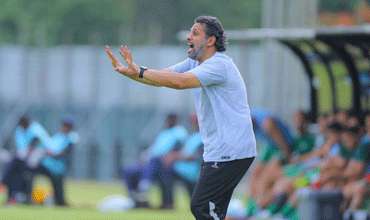


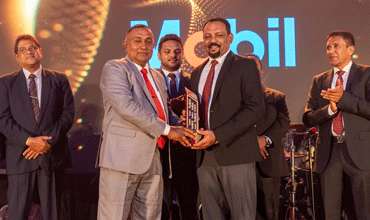

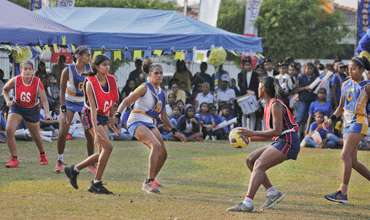
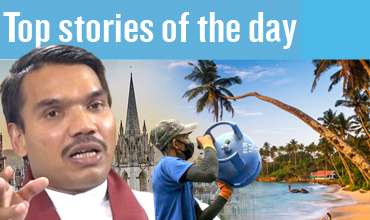
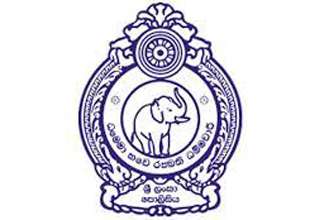
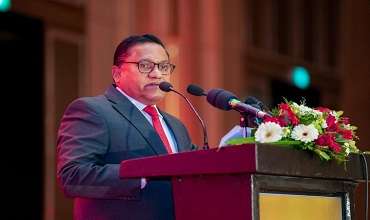
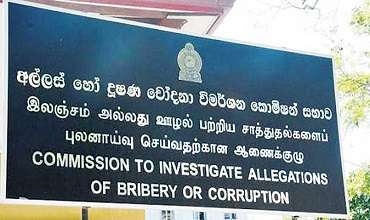
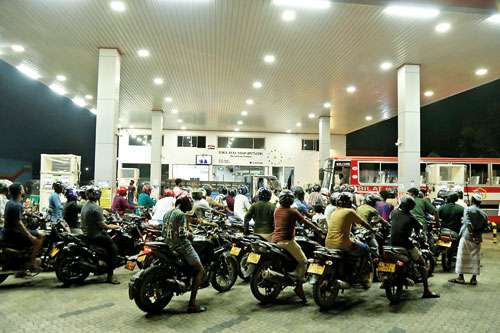
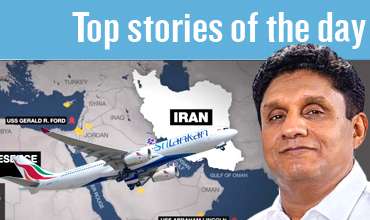


Leave Comments